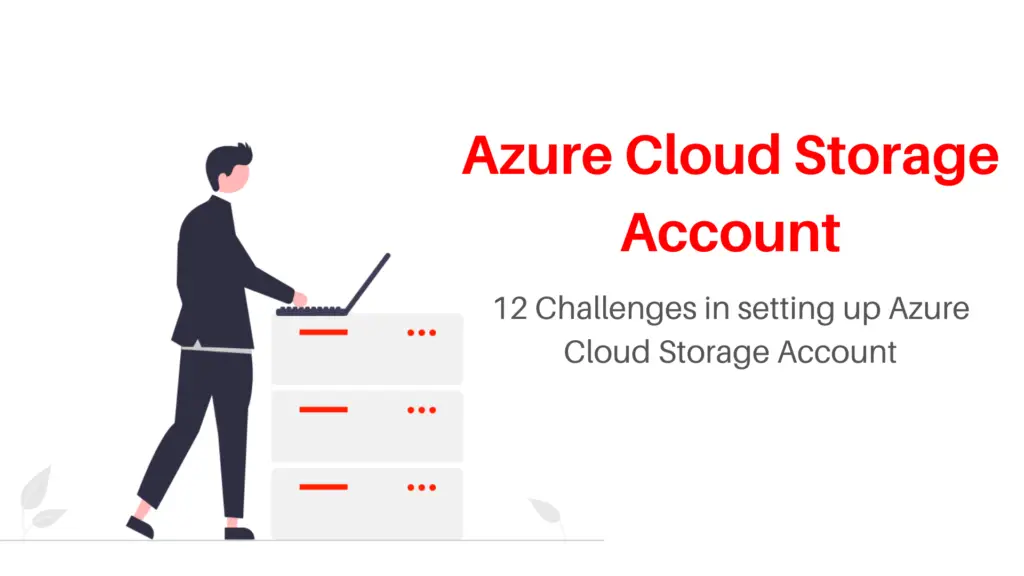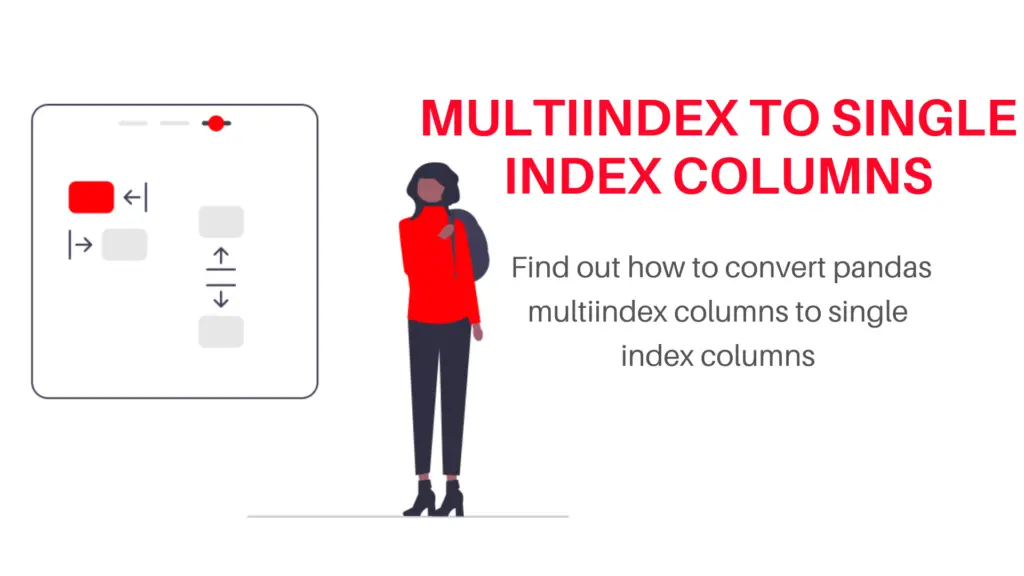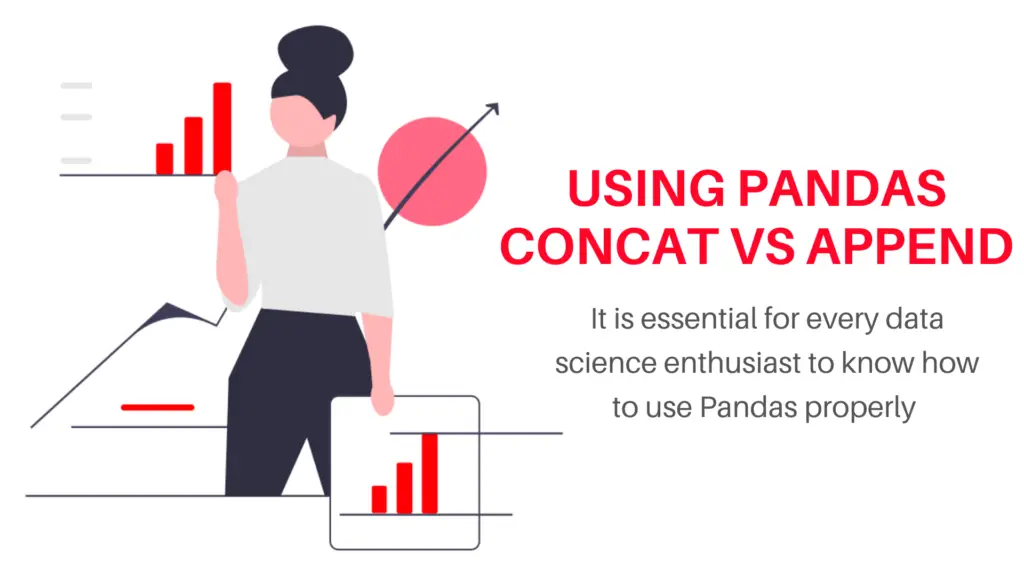Where clauses make up a large part of the SQL Worklife for anyone. It is one of the most important clauses in SQL and knowing the conditional where clause in PostgreSQL is a must-know for you if your data needs a lot of filtering. It is easy to execute and carries a lot of power when it comes to data filtration and data extraction. PostgreSQL offers high capabilities to work on large masses of data and multiple databases with easy execution and high speed.
In this article, we’ll go over what the Where clause is and how you can use it with some brief examples and resources for you to check it out further and dive into understanding the conditional where clause in PostgreSQL.
Also, Download MySQL Cheatsheet PDF
What is PostgreSQL?
PostgreSQL is a powerful, open-source object-relational database system that uses and extends the SQL language combined with many features that safely store and scale the most complicated data workloads. The origins of PostgreSQL date back to 1986 and have more than 30 years of active development on the core platform.
PostgreSQL has earned a strong reputation for its proven architecture, reliability, data integrity, robust feature set, extensibility, and the dedication of the open-source community behind the software to consistently deliver performant and innovative solutions. It is no surprise that PostgreSQL has become the open-source relational database of choice for many people and organizations. The conditional where clause in PostgreSQL is one of the many queries you can use to work your way around PostgreSQL like a ninja.
Where can you download PostgreSQL?
As given clearly on PostgreSQL’s official website, you can download and use PostgreSQL in almost any system.

Find the PostgreSQL’s official downloads page here: PostgreSQL Downloads
Or
Check out this YouTube video for a windows installation:
What is the WHERE clause in PostgreSQL?
The SQL where clause is a filtering clause that can filter out the data in the database, based on the condition provided. The clause is used to extract only those records that pass the given condition. There are other filtering clauses in SQL like the IN, NOT IN, LIKE, NOT LIKE, etc. which come with negative versions of their commands as well.
The condition can be for all the rows in the table WHERE – for example, income > 1000, height > 6, Gender = ‘Male’, etc.
Any condition can be put in a where clause to be used in a query with SQL.
This is not just for the selection of rows i.e. not just for the SELECT statements but for also Update, Delete, and other such commands in SQL.
Some examples of the SQL WHERE Clause using a Customers table are given below; (you can find examples for the conditional WHERE clause in PostgreSQL in the next section)
SELECT * FROM Customers WHERE CustomerID > 5; SELECT * FROM Customers WHERE Customer_city= 'New York'; SELECT * FROM Customers WHERE CustomerID=1 AND Customer_city = 'New York'; SELECT * FROM Customers WHERE Bill_amount > 1000;
What is a conditional WHERE clause in PostgreSQL? (with example queries)
Let us now dive into understanding the conditional WHERE clause in PostgreSQL with some examples as given below.
A simple syntax for a conditional WHERE clause can be taken to be as this;
SELECT
*
FROM
Table
WHERE
Condition1
OR
Condition2
OR
Condition3Essentially adding in conditions to a pre-existent SQL command with the WHERE clause, will refine the statement more and make a better selection of data. This is how a Conditional WHERE clause in PostgreSQL works.
Examples:
Consider you have a customers database and you want the rows for customers who are from New York with more than 50000 in the bill_amount or customers from Seattle who have more than 30000 in the bill_amount.
A conditional WHERE clause in PostgreSQL can be written down as follows;
SELECT * FROM Customers WHERE Customer_city= 'New York' AND bill_amount > 50000 OR WHERE Customer_city= 'Seattle' AND bill_amount > 30000;
This can happen in the case where your company can grade each city based on the average income of individuals and decide the level of transactions based on the cities as to being high level or low level.
If you had to do the same choice but according to the customer_id for the first 1000 customers with less than 20000 in bill_amount (maybe because you want to give them a special discount). This can be done with a conditional WHERE clause in PostgreSQL as follows;
SELECT * FROM Customers WHERE Customer_id < 1000 AND bill_amount < 20000
If this had to happen for customers in India then it could have another condition as follows;
SELECT * FROM Customers WHERE Customer_id < 1000 AND bill_amount < 20000 AND country = 'India'
Its fairly easy to make the conditional where clauses in SQL but you need to decide whether or not the conditions will really help your analysis. In some cases, you might not be left with any data to work with because your conditions are too many. There can also be the case when your conditions are not valid and you get the same data back. Adding a condition to the WHERE clause can also work around the Update and Delete commands and not just the select statements, to make a better and more precise change in the databases as required.
Check out this YouTube tutorial for Conditional WHERE clause in PostgreSQL to follow on and see more examples in action!
Conclusion
Using where clauses with multiple conditions or using the conditional where clause in PostgreSQL will only take your SQL command line to be more specific about your selection or updation commands. The command can also be precise and clutter-free without having to repeat the entire where clause again and again in different lines of commands. SQL is one of the most important computer languages to know and languages like python-support use SQL within them using different packages.
Big data systems like Spark and Hadoop also utilize SQ. Mya personal opinion is that SQL is one of the easier languages to learn in Data Science but is one of the most powerfulregardingo data wrangling and ETL processes. Try using the conditional where clause in SQL queries and let us know what you think about them in the comments below.
For more such content, check out our website -> Buggy Programmer





